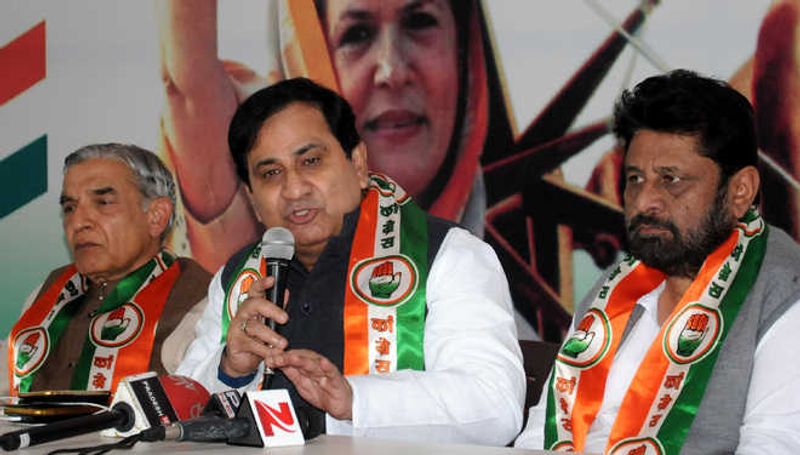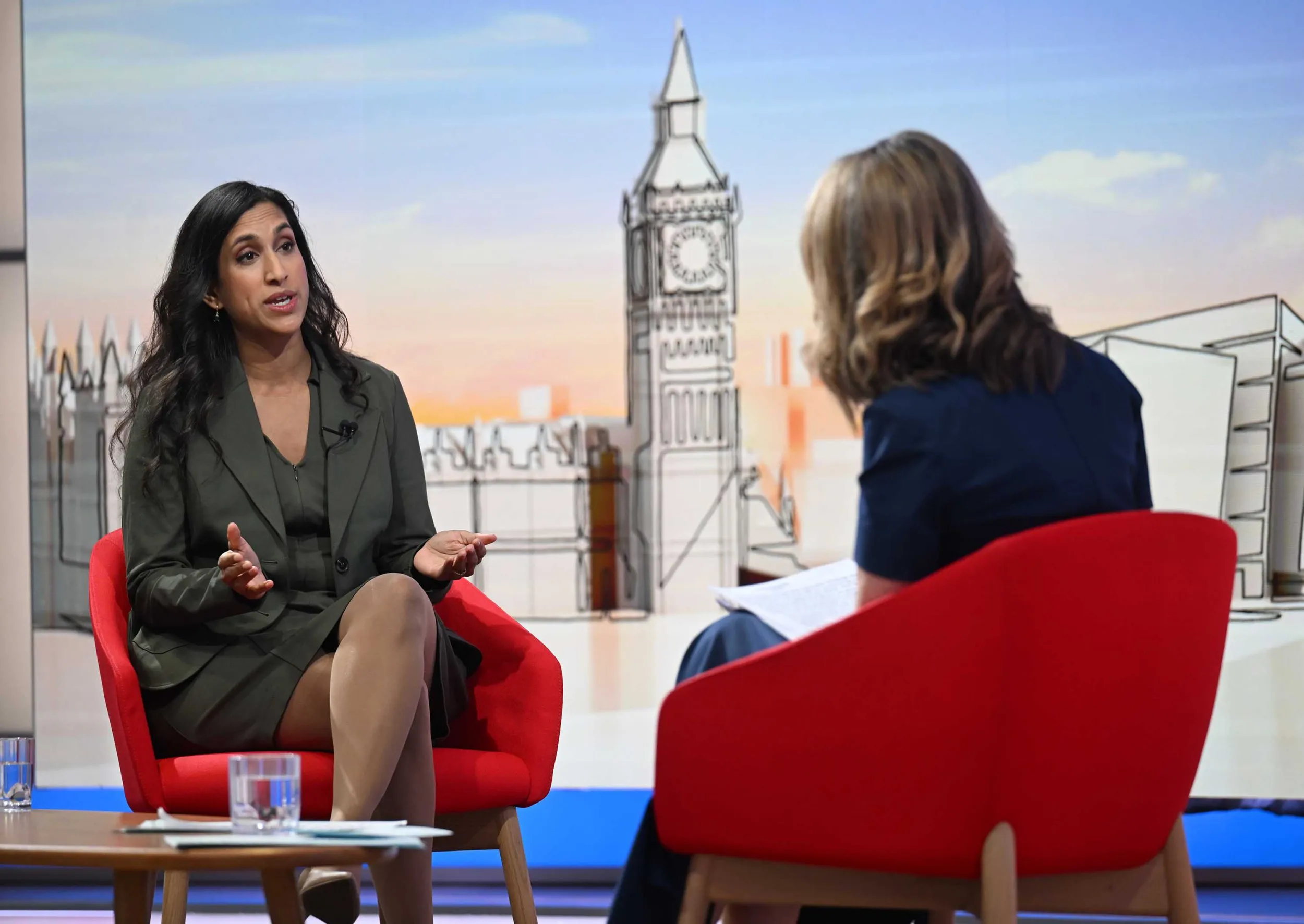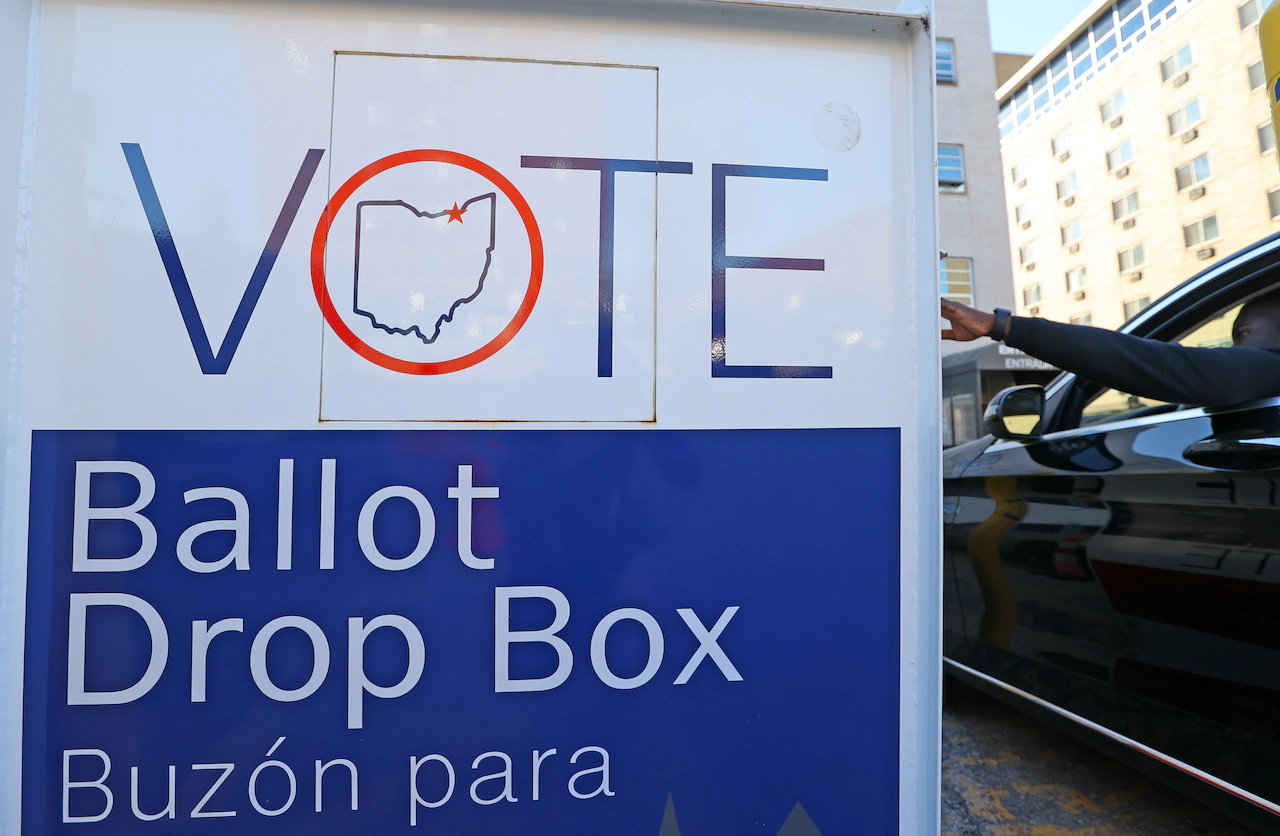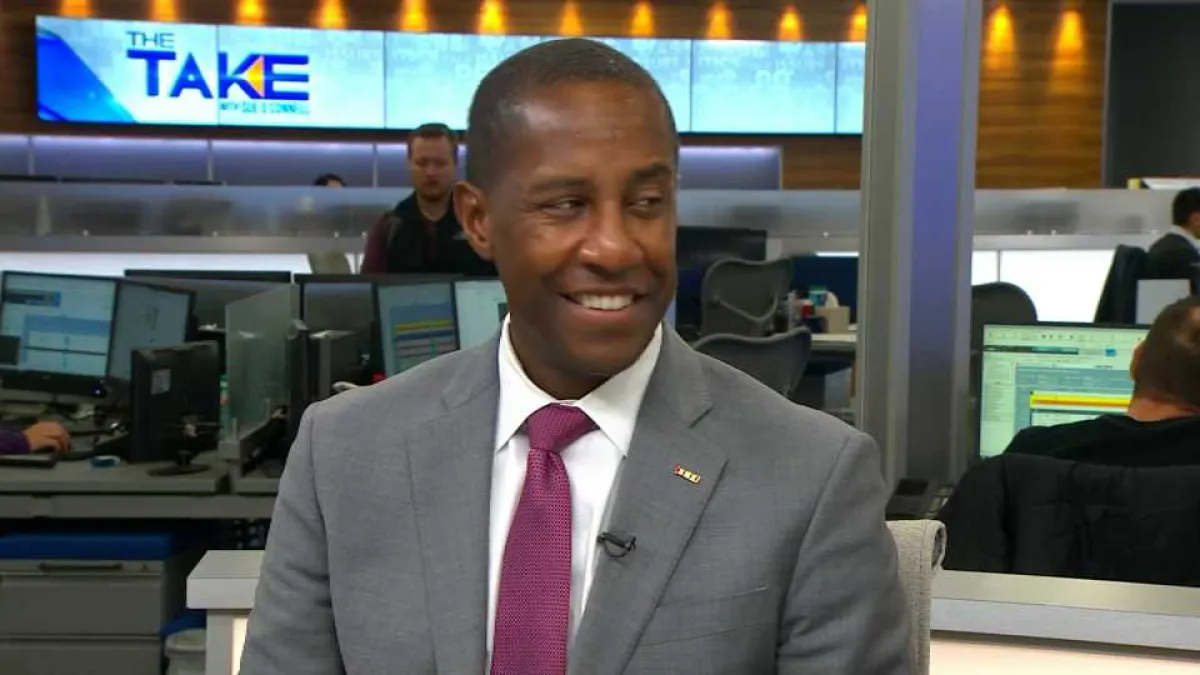Copyright smh
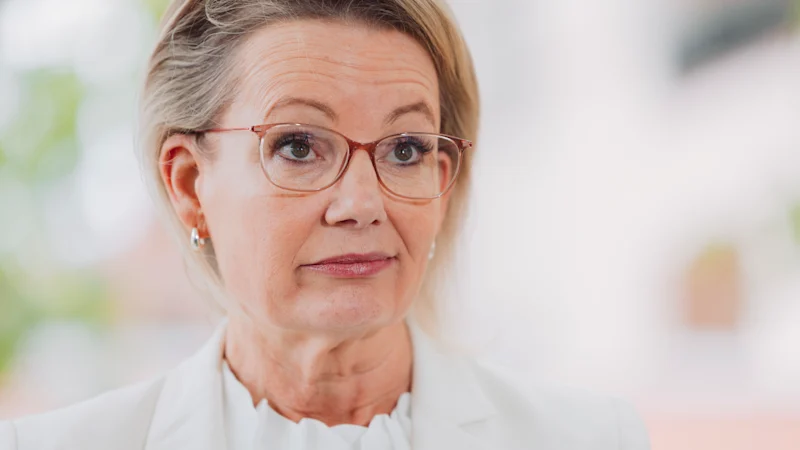
What few people in Australia can possibly know is that Australia is being lauded as a country that has made genuine, measurable progress – not only in the number of women elected, but in the systems that support them to run, win and lead. One delegate even told me that Europeans want to “rub up against” Australia in the hope that some of our successes will be transferred. Australia achieved its highest-ever ranking for gender equality, climbing to 13th globally … This didn’t happen accidentally. The World Economic Forum’s Global Gender Gap Report 2025 noted Australia achieved its highest-ever ranking for gender equality, climbing to 13th globally. The improvement was driven by across-the-board gains: on the Political Empowerment sub-index, Australia ranked 19th this year, up from 28th in 2024. We have more women in parliament and ministerial roles than ever – 49 per cent of federal parliamentarians, 37 per cent in the states and territories, and 40 per cent in councils. This didn’t happen accidentally. It follows years of cultural change, structural reform and a growing ecosystem of organisations committed to building a stronger democracy – one that reflects the people it serves. Among them is Women for Election, where we work to inspire and equip women of all backgrounds to stand for public office. Through candidate training and leadership programs, it has helped thousands of women – from every political stripe, and from local councils to federal politics – to leap from community leadership to elected office. Recent federal alumni include Nicolette Boele, the member for Bradfield, Jess Teesdale, the member for Bass, and Trish Cook, member for the new seat of Bullwinkel. Internationally, Australia is being viewed as a leading example of how to build the pipeline – the infrastructure that helps women not only enter politics, but succeed there. In countries where progress has stalled, that approach is seen as a model to emulate.
